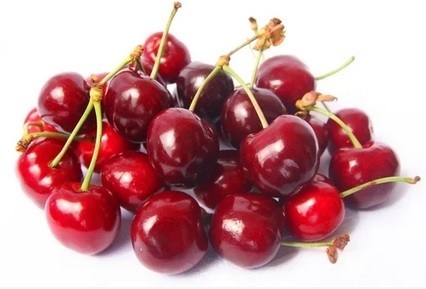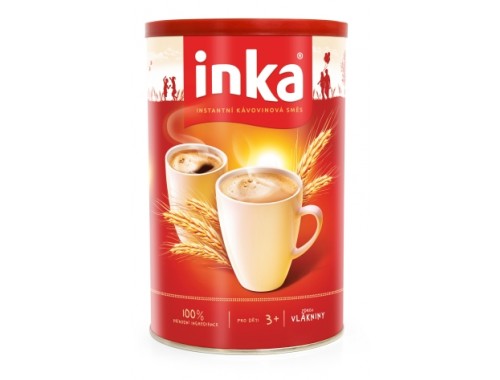Wheat exports. Export of Polish wheat
Poland is one of the leading exporters of wheat within the European Union. As a country with a well-established position in agricultural production, wheat exports play a crucial role in its trade balance. The volume of exports and their destinations vary depending on climatic conditions, global market supply, and trade policies within the EU and worldwide.
Current export volumes and market share
In recent years, Poland has exported between 2.3 and 4 million tons of wheat annually. In the 2023/2024 season, the volume of soft wheat exports reached 2.37 million tons, accounting for 86% of all Polish grain exports outside the European Union. Comparatively, in the 2022/2023 season, exports amounted to 3.61 million tons, representing a 143% increase compared to the 2021/2022 season. These dynamic changes are a result of favorable weather conditions, abundant harvests, and increased demand in international markets, particularly in countries experiencing difficulties with their own grain production.
Poland is the third-largest wheat exporter in the EU, with approximately a 14% share in the Union's overall exports. Only Romania and France surpass Poland, benefiting from higher production levels and better access to global markets due to advanced port infrastructure.
Main export destinations for Polish wheat
Polish wheat is exported to various global markets, both within the European Union and beyond. In recent years, the primary destination has been Germany, which imports approximately 370,000 tons annually. Other significant markets include African countries such as Nigeria and South Africa, which regularly import Polish grain due to its competitive price and high quality. Polish wheat also reaches Saudi Arabia, a major importer of grains to meet its growing food demand.
In some seasons, Polish wheat has even been exported to the United States, which is unusual in the global market. This unique direction resulted from logistical challenges in the U.S. and higher local prices, making imports from Poland more cost-effective. Additionally, Asian countries like Indonesia are increasingly becoming potential markets, especially during periods of high demand for grain in that region.
Importance of wheat exports for the economy
Wheat exports are a critical component of Poland's trade balance. In 2023, the value of grain exports, primarily wheat, amounted to several billion zlotys. Wheat is one of the few products in which Poland maintains a production surplus, enabling stabilization of the domestic market. Exports also help reduce pressure on local storage facilities, particularly in years of abundant harvests. Revenue from exports contributes to increased incomes for farmers, allowing them to invest in modern technologies and improve production efficiency.
Challenges in wheat exports
Despite its successes, Poland's wheat exports face several significant challenges. One of the main issues is logistical infrastructure. Polish ports have limited capacity, effectively capping monthly export potential at around 750,000 tons. In times of sharp increases in demand for Polish grain, insufficient infrastructure can lead to delays and losses for exporters.
Another challenge is climate change and unstable weather conditions, which affect harvest volumes. In 2024, wheat production across the European Union dropped by 10% compared to the previous year, impacting the Polish market as well. Additionally, price volatility in global markets and rising production costs, such as fertilizers and energy, may influence the competitiveness of Polish wheat.
Future prospects
Wheat exports have promising prospects, though investments in infrastructure and further market expansion are necessary. Poland has the opportunity to increase its share in international trade through better use of existing resources and collaboration with trade partners. It is expected that growing food demand in developing countries like India and Sub-Saharan Africa will drive the need for Polish grain.
Poland should also develop marketing strategies emphasizing the quality and competitiveness of its wheat in international markets. Maintaining high production standards to meet the requirements of even the most demanding clients is crucial.
Polish wheat exports play and will continue to play a vital role in strengthening the country's position as a significant player in the global grain market. Delivery reliability, competitive pricing, and high quality are the cornerstones of the success of Polish wheat on the international stage.
- Economy
- Export
- International cooperation
- Construction sector - Joinery, engineering and building architecture
- Agriculture, Food
- Regional development, investment in Poland
- What's worth knowing
Agriculture, Food
Wheat exports. Export of Polish wheat


Source: https://www.poland-export.com/

See also:

Chocolate and chocolate products from Poland
For years, Poland has been strengthening its position as one of the key exporters of chocolate products in Europe. Chocolate exports constitute an important segment of Polish foreign trade and cover a wide range of chocolate products

Cherry Export. Polish Cherries Around the World
The export of cherries from Poland is playing an increasingly important role in the international fruit market.

Cosmetics export. Cosmetics from Poland
The export of cosmetics and toiletries from Poland is developing at a dynamic pace, thanks to which Poland has gained the status of one of the leaders in the production and sale of these products in Central and Eastern Europe

Export of Windows: Window Joinery from Poland
Poland has been playing an important role on the international window market for many years, being one of the largest window exporters in the world.

FTA - Free Trade Agreements: Do They Exist and Can They Lower Tariffs?
Free Trade Agreements (FTAs) are key tools in international trade policy, aimed at reducing trade barriers...
Help needed ?
If you have not found the desired product, company, service or the searching results are not satisfactory for you, do not hesitate to contact us and tell what you are looking for or what you need. We will send your inquiry directly to the interested companies.
Write to us

 pl
pl  en
en  de
de  es
es  fr
fr  it
it  pt
pt  ru
ru  sv
sv 














.jpg)


